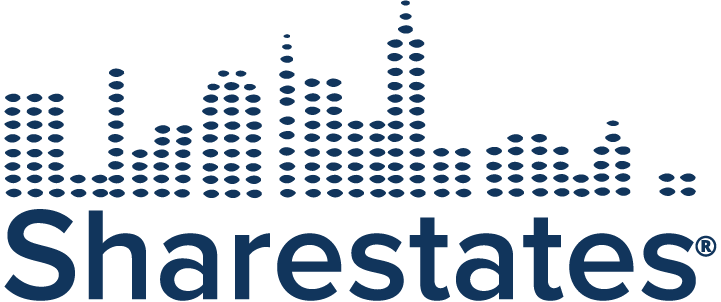Why So Many CRE Crowdfunding Platforms Tanked, And How A Select Few Found Success

When the federal government signed the JOBS Act into law in 2012, it breathed life into hundreds of new commercial real estate companies offering cheap capital sourced from massive pools of small, private investors. The age of crowdfunding had arrived.
Since then, most crowdfunded CRE lenders have consolidated, been acquired or folded. For the few that have found success, the journey to profitability has been a struggle to remain independent, serve their customers and carve out a niche within the crowded CRE lending space.
“You can find bad CRE deals all day long — that’s what a lot of crowdfunding platforms did, and it’s why they’re no longer around,” Sharestates co-founder and CEO Allen Shayanfekr said. “The more you grow in real estate, the more nuanced and complex the industry becomes. Having a strong background in real estate before getting into crowdfunding is why Sharestates prospered where others disappeared.”
In many ways, CRE was an obvious choice for early crowdfunding platforms. The returns were potentially huge, and by banding together, investors could have a slice of a multimillion-dollar project by ponying up only a few thousand dollars each. Because the fundamental concept was so strong, many players, experienced and inexperienced alike, decided to try their hand at real estate.
“Many of these crowdfunding platforms’ founders had backgrounds in finance or technology but lacked a basis of real estate knowledge,” Shayanfekr said. “The hardest piece of this puzzle is finding quality investments, and if you don’t have an eye for that, you can lose a lot of money very quickly.”
Shayanfekr said he counts himself lucky to have founded Sharestates with two people who had a deep understanding of real estate: Radni Davoodi and Raymond Davoodi. The pair had founded a title insurance company in the early 2000s, and after that, they worked in nearly every part of the commercial real estate industry as buyers, developers, investors and lenders.
The trio aimed to improve on the model of hard money lenders who were constrained by geography, lending caps and the burden of clerical work: Their innovation was to marry the lending process with technology to expedite every step.
“At the time, most hard money lenders were just four or five guys sitting in a room with Microsoft Outlook,” he said. “It was a very manual workflow. Sharestates came in and we automated every step of the process: a pricing engine that generated term sheets, automatic deposits and background checks and portals for every piece of the real estate transaction.”

Many crowdfunding platforms went under because they lacked the technological wherewithal to improve on hard money’s model or, they lacked the real estate acumen to choose solid investments. Shayanfekr said. Others made the mistake of seeking out venture capital funding, which he said barred them from providing capital at competitive rates.
“When you take venture funding, you shackle yourself to an outside interest that always wants a cut or tries to push you to do more volume, rather than looking for quality projects,” Shayanfekr said. “The fact that Sharestates remained independent through our initial growth phase set us up for long-term success.”
He added that the quality of investments at Sharestates remained stronger than at many other crowdfunded lenders because the company willingly subjects itself to the same scrutiny that governs Wall Street lenders and audits its own records more stringently than the law requires. Shayanfekr said many less scrupulous lenders have folded after they demonstrated a lack of fiduciary responsibility with their investors’ cash.
Most of the crowdfunding sites that remain have carved out a specific niche. LendingHome lends only for single-family homes, while Rich Uncles focuses on student housing and triple-net properties. But Shayanfekr expects a larger, sector-agnostic model to be the only kind of crowdfunding that survives into the future.
“We do not constrain our borrowers to any single asset class or geography,” Shayanfekr said. “We’re lending across the country for commercial, residential, single family. Once a borrower builds up trust with us, we give them a big checkbook and free reign over the projects they do.”
That freedom has allowed Sharestates’ clients to scale more quickly than clients at other crowdfunding sites, Shayanfekr said. One of the site’s top borrowers has completed over $400M of real estate projects, all funded by Sharestates.
He expects the next financial downturn to be a pivotal moment for crowdfunding in CRE.
“Smaller lenders may not be able to survive a new recession, and will probably end up consolidating further, or simply going under,” Shayanfekr said. “But the scalable sites that can roll with the punches will see it through.”
This feature was produced by Bisnow Branded Content in collaboration with Sharestates. Bisnow news staff was not involved in the production of this content.

